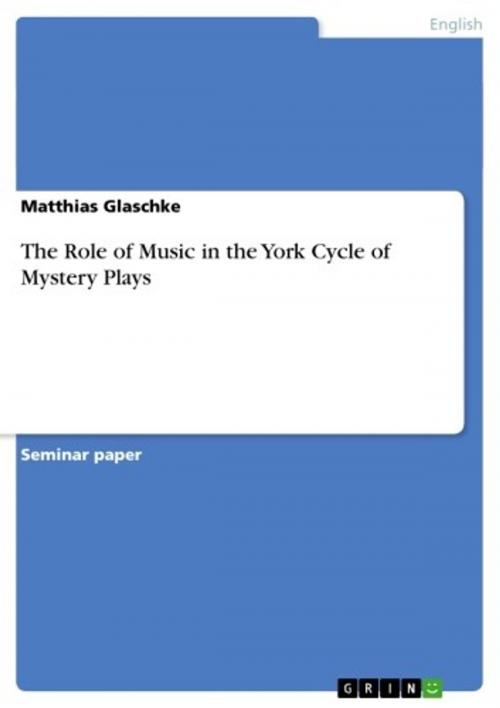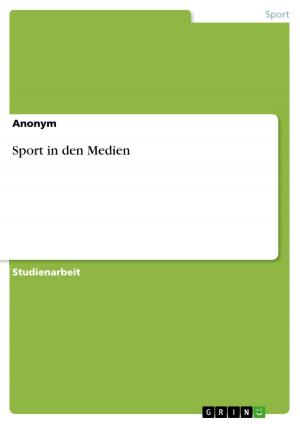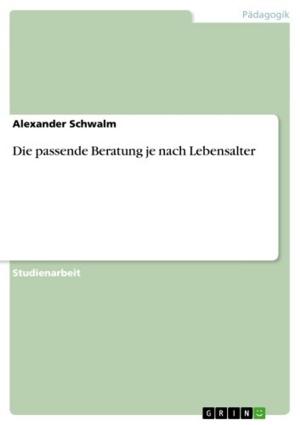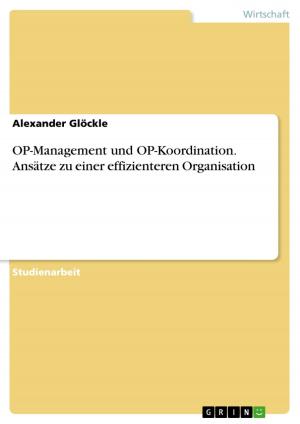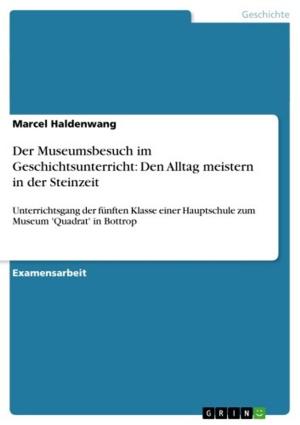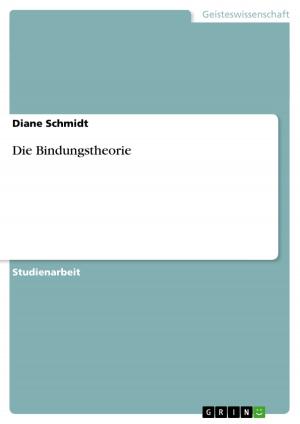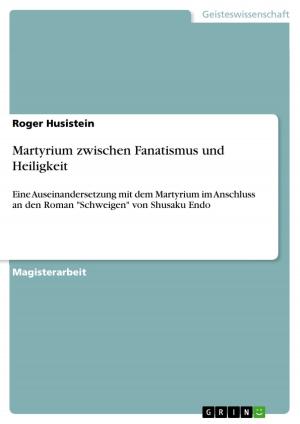The Role of Music in the York Cycle of Mystery Plays
Fiction & Literature, Literary Theory & Criticism, British| Author: | Matthias Glaschke | ISBN: | 9783638365642 |
| Publisher: | GRIN Verlag | Publication: | April 14, 2005 |
| Imprint: | GRIN Verlag | Language: | English |
| Author: | Matthias Glaschke |
| ISBN: | 9783638365642 |
| Publisher: | GRIN Verlag |
| Publication: | April 14, 2005 |
| Imprint: | GRIN Verlag |
| Language: | English |
Seminar paper from the year 2004 in the subject English Language and Literature Studies - Literature, grade: 1,0, Humboldt-University of Berlin (Institut für Anglistik), course: Medieval Drama, 12 entries in the bibliography, language: English, abstract: [...] Music was regarded as 'merely incidental'1, functioning as an 'interruption of the action, or as spectacular device'2. Claiming that - in contrast to the traditional liturgical drama - the cycle plays were not musical drama, musicologists did not give the surviving evidence adequate recognition. Another important point is that the historical documents that were found indicating expenses of the guilds were not taken into consideration. Only in the 1950s, John Stevens started analysing the surviving music of the plays, and later on JoAnna Dutka and Richard Rastall, among others, occupied themselves with the critical completion of Stevens' works and pointed out the importance of music to the essence of the cycle plays. In her PhD-thesis, JoAnna Dutka supports the view that music was 'deliberately included for its dramatic utility as well as for its beauty'3, and her colleague Nan Cooke Carpenter states that 'modern drama was, in fact, born of music'4. If one looks at iconographical depictions of 'Heaven' or heavenly places, one will notice the presence of Angels with musical instruments in their hands, which is another sign for the importance of music in biblical contexts. This paper will focus on the origin of the music used in the cycle plays, how and when music was employed, which instruments were used and what effects this may have had on the medieval audiences. In the first chapter, the connections between the liturgical drama as a predecessor and contemporary of the vernacular drama and the cycle plays will be pointed out, while key elements of the traditional Latin liturgy will be taken into consideration. The second chapter will deal with the questions about when and how music was employed, which characters were accompanied by music, which instruments were used to signify certain persons and places, and which dramatic functions the music may have had. The York Cycle will serve as an example for the four surviving medieval cycles. The concluding chapter will then be focusing on the emotive effects of the music - how it was perceived by the audiences, what allusions it may have caused, and which purposes were persecuted by the playwrights by inserting music. 1 JoAnna Dutka, Music in the English Mystery Plays, p. 1 2 JoAnna Dutka, Music in the English Mystery Plays, p. 1 3 JoAnna Dutka, Music in the English Mystery Plays, p. 1 4 Nan Cooke Carpenter, Music in the English Mystery Plays, p. 1
Seminar paper from the year 2004 in the subject English Language and Literature Studies - Literature, grade: 1,0, Humboldt-University of Berlin (Institut für Anglistik), course: Medieval Drama, 12 entries in the bibliography, language: English, abstract: [...] Music was regarded as 'merely incidental'1, functioning as an 'interruption of the action, or as spectacular device'2. Claiming that - in contrast to the traditional liturgical drama - the cycle plays were not musical drama, musicologists did not give the surviving evidence adequate recognition. Another important point is that the historical documents that were found indicating expenses of the guilds were not taken into consideration. Only in the 1950s, John Stevens started analysing the surviving music of the plays, and later on JoAnna Dutka and Richard Rastall, among others, occupied themselves with the critical completion of Stevens' works and pointed out the importance of music to the essence of the cycle plays. In her PhD-thesis, JoAnna Dutka supports the view that music was 'deliberately included for its dramatic utility as well as for its beauty'3, and her colleague Nan Cooke Carpenter states that 'modern drama was, in fact, born of music'4. If one looks at iconographical depictions of 'Heaven' or heavenly places, one will notice the presence of Angels with musical instruments in their hands, which is another sign for the importance of music in biblical contexts. This paper will focus on the origin of the music used in the cycle plays, how and when music was employed, which instruments were used and what effects this may have had on the medieval audiences. In the first chapter, the connections between the liturgical drama as a predecessor and contemporary of the vernacular drama and the cycle plays will be pointed out, while key elements of the traditional Latin liturgy will be taken into consideration. The second chapter will deal with the questions about when and how music was employed, which characters were accompanied by music, which instruments were used to signify certain persons and places, and which dramatic functions the music may have had. The York Cycle will serve as an example for the four surviving medieval cycles. The concluding chapter will then be focusing on the emotive effects of the music - how it was perceived by the audiences, what allusions it may have caused, and which purposes were persecuted by the playwrights by inserting music. 1 JoAnna Dutka, Music in the English Mystery Plays, p. 1 2 JoAnna Dutka, Music in the English Mystery Plays, p. 1 3 JoAnna Dutka, Music in the English Mystery Plays, p. 1 4 Nan Cooke Carpenter, Music in the English Mystery Plays, p. 1
